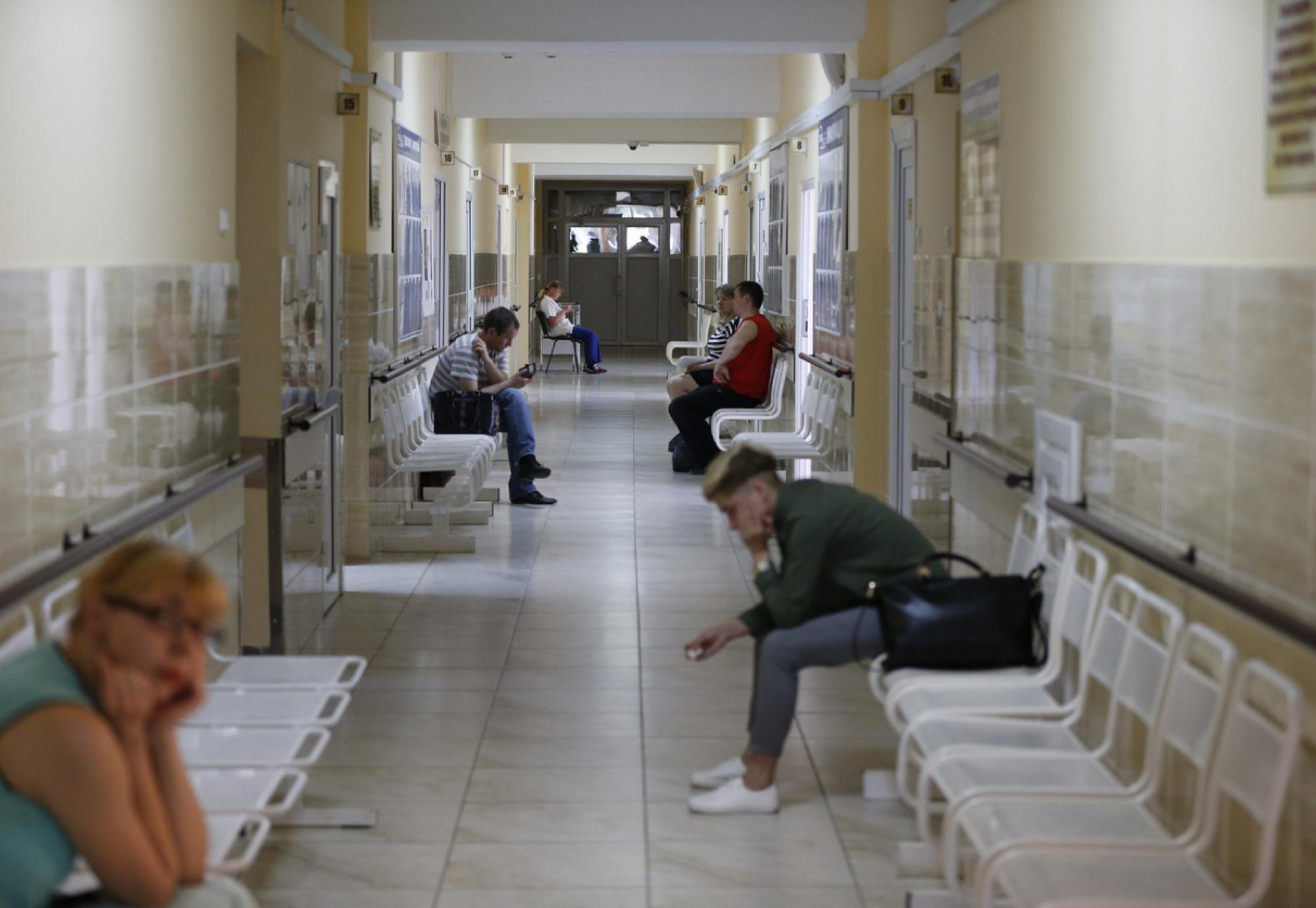A new study has found that raising the threshold at which people are invited for a colonoscopy, as part of the NHS bowel cancer screening programme, could help alleviate some of the patient backlog.
Much like most other NHS services, screening programmes have been substantially impacted by Covid-19. A combination of some services simply stopping during the pandemic and the age at which people were invited for a screening being lowered from 60 to 50, means that demand for colonoscopies is higher than usual.
To tackle this, researchers at Queen Mary University of London investigated two possible solutions – increasing the time elapsed between screening invitations and increasing the blood level cut-off that decides which patients are referred for further tests.
They found that increasing the blood threshold needed after a Faecal Immunochemical Test (FIT) resulted in fewer lives being lost than increasing the time between invitations.
The report hypothesised that raising the threshold from 120 micrograms per gram to 180 would reduce the number of people invited for colonoscopies from around 16,000 to 11,500 for every 100,000 people screened over a 15-year period. This would result in only 1077 cancers being detected rather than 1142;131 cancers being prevented rather than 186, and 151 deaths being prevented rather than 191.
Lead author and Professor of Cancer Screening at Queen Mary University of London, Stephen Duffy said: “There have been inevitable delays in screens as a result of the pandemic, but the NHS Bowel Cancer Screening Programme is recovering well. There are still pressures due to the age extension. If the programme must be adapted to cope with limited availability of colonoscopy, our results indicate that changing the FIT threshold may be the most useful option.”
Although the NHS is currently making good progress with the backlog, it is still plaguing most of the sector, meaning that adapting protocol and making sacrifices is sometimes the only way to keep a relatively steady flow of patients working their way through different services.
This all comes after it was found that bowel cancer checks are at an all-time high thanks to the work of the late Dame Deborah James, and the NHS announced that FIT kits will be available to almost one million more people in a major expansion.
The study was funded by the National Institute for Health and Care Research with more information available here.



















